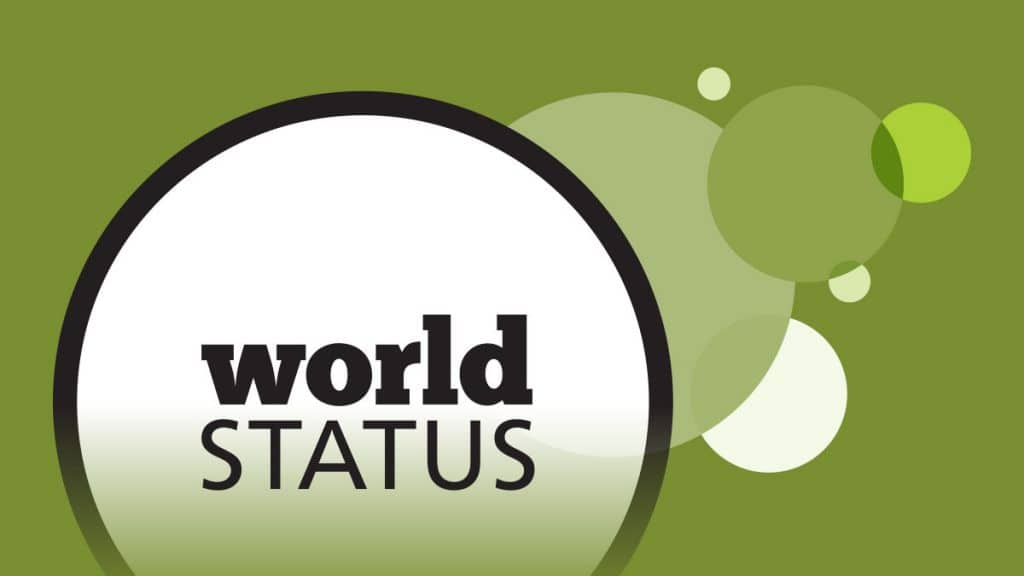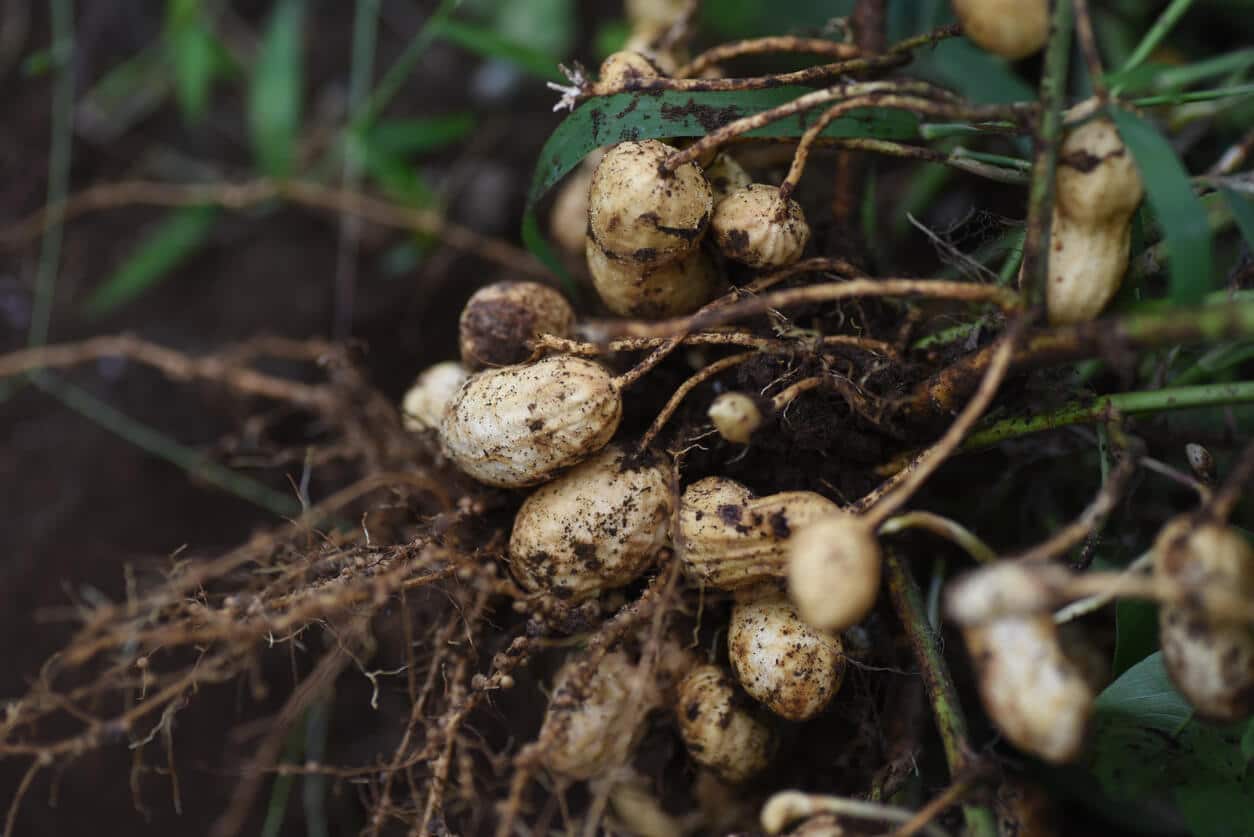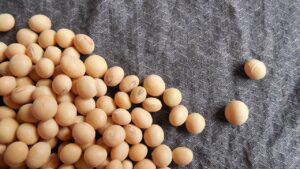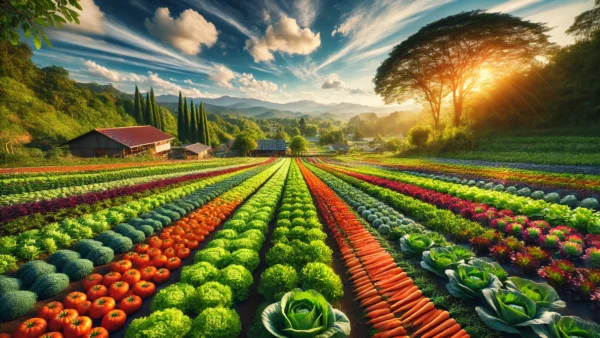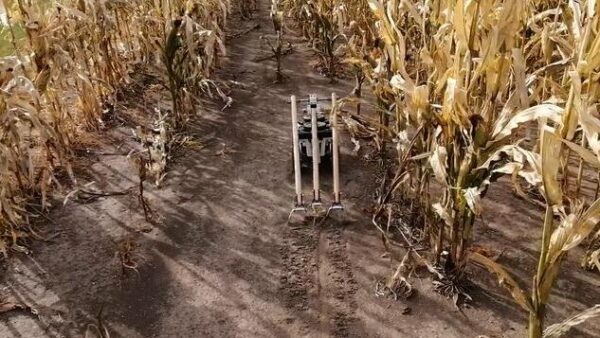A drought in southern Africa that led to widespread crop failure could nudge African nations to embrace genetically modified (GM) crops to improve harvests and reduce grain imports._x000D_
_x000D_
The drought, which extends to South Africa, the continent’s biggest maize producer, has been exacerbated by an El Nino weather pattern and follows dry spells last year that affected countries from Zimbabwe to Malawi._x000D_
_x000D_
Aid agency Oxfam has said 10 million people, mostly in Africa, face hunger because of droughts and poor rains._x000D_
_x000D_
That has brought GM crops to the forefront, especially maize, a staple crop grown and consumed in most sub-Saharan countries._x000D_
_x000D_
Many African countries have banned GM crops, arguing that they will cross contaminate other plants, pollute the environment and could have long-term health effects for humans._x000D_
_x000D_
However, GMO advocates say the fears are not scientifically proven, adding that poor African farmers are likely to benefit most from reduced use of pesticides, lower production costs, higher yields and high prices for crops._x000D_
_x000D_
“GM crops are one of the alternative solutions for reducing hunger on the continent among many others which include good agronomic practices,” Jonathan Mufandaedza, chief executive at National Biotechnology Authority of Zimbabwe, a government agency, told Reuters._x000D_
_x000D_
Source: Reuters.


